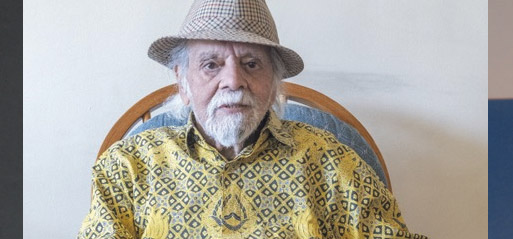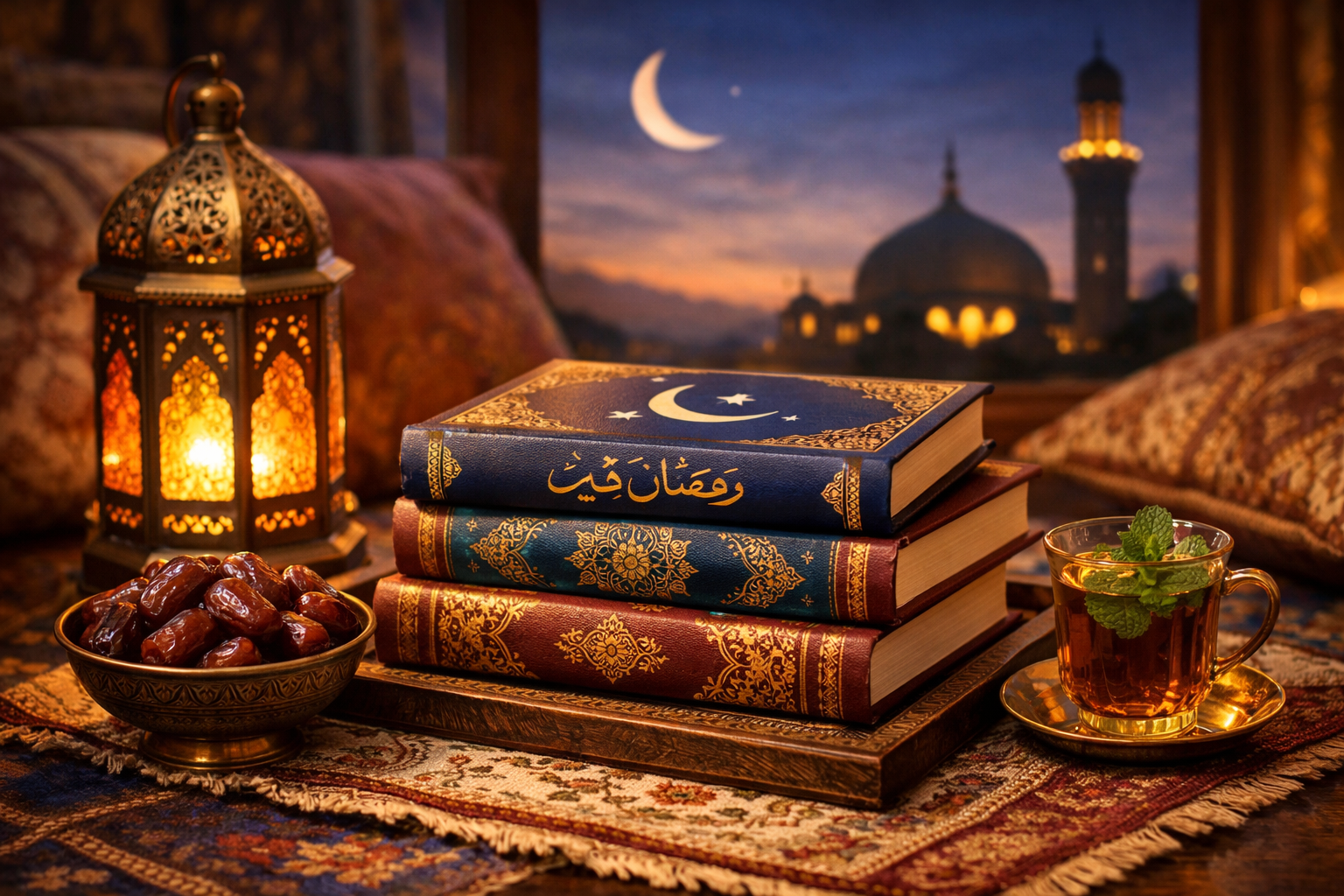
Moosa “Mosie” Moolla
(1934 – 2023)
Tributes have continued to pour in for the leading South African anti-apartheid campaigner and diplomat, Moosa “Mosie” Moolla, who died last month in Johannesburg at 88 following a prolonged illness. Moolla joined the liberation struggle at the tender age of 15 and devoted his entire life to the fight against apartheid and the cause of freedom in South Africa.
In paying tribute to him, South African President, Cyril Ramaphosa, said that Moolla’s involvement in the liberation movement runs deep, with his activism stemming from a family background steeped in the history of the struggle against apartheid.
“From a very young age, Mosie’s struggle was a selfless commitment to the liberation of the oppressed and the creation of a free, democratic society, founded equality and human rights for all,” said Ramaphosa.
“His years in exile were dedicated to the propagation of the South African cause for freedom and human dignity and to mobilising international support for the struggle against apartheid,” he added.
In a statement, the ruling African National Congress (ANC) said that Moolla was a beloved elder, leader, and mentor to many, known for his “vibrancy, humour, and captive insight.”
Moolla was born in 1934, in a small town called Christiana in the Northwest Province of South Africa. His parents emigrated from Gujarat, India, sometime earlier.
His long-standing involvement in the freedom struggle started in the late 1940s in the Transvaal Indian Youth Congress, where he worked with Indian Congress and ANC leader Ahmed Kathrada. By 1960, he had been elected secretary of its parent body, the Transvaal Indian Congress. When the apartheid government banned the ANC the following year, Moolla joined its underground military wing.
Moolla served as its full-time organiser in the ANC’s campaign in the mid-1950s for the Congress of the People and Freedom Charter. The Freedom Charter was a concise document outlining the demands of the people of South Africa living under the harshness of apartheid.
He was later charged with treason, along with 156 other leaders of the anti-apartheid movement, in a marathon treason trial that lasted five years. All the leaders were subsequently acquitted as the apartheid government’s case collapsed in court.
Moolla and his lifelong friend, Abdulhay Jassat, were detained by the brutal South African security police in 1963 for their political activities. Both were severely tortured in police custody, which had a history of murdering anti-apartheid activists in prison.
Having bribed a young white officer in prison, Jassat and Moolla, together with two fellow white anti-apartheid activists from the Congress movement, Harold Wolpe and Arthur Goldreich, staged a dramatic escape from prison. This escape was widely reported in the media at the time, leaving the authorities red-faced.
Moolla and Jassat fled to Tanzania, where they joined the ANC-in-exile and Wolpe and Goldreich moved to London. In subsequent years, Moolla joined the ANC’s foreign mission, serving as its Chief Representative in India, Egypt, and Finland.
In a condolence message to the Moolla family, the Indian High Commission to South Africa said that for “sixteen years of tireless mobilisation of the people of India for active support of the liberation struggle against apartheid South Africa, Mosie Moolla was a ubiquitous and peripatetic presence in this great nation”.
It pointed out that the Nelson Mandela Road in New Delhi was inaugurated during his Indian tenure.
The Moolla family returned to South Africa in December 1990 after spending twenty-eight years in exile following the ANC’s unbanning by the apartheid government. After the dawn of democracy in 1994, Moolla was appointed by the government of Nelson Mandela as South Africa’s ambassador to Iran and later to Pakistan.
At a memorial service held in his honour by the Ahmed Kathrada Foundation last weekend, Moolla’s political associates, friends, and family lovingly described his passion for Urdu poetry, Indian classical music, literature, and history. Despite his advanced age, he loved bowling.
They reminisced about his marvellous sense of humour and easy-going demeanour, which belied his stature as a great freedom fighter and revolutionary. His granddaughter, Faeeza Moolla, who nursed him during his illness, praised his absolute simplicity, humility, and tenacity.
Moolla is survived by his daughter, Tasneem (a retired teacher), and two sons, Azad (a lawyer) and Afzal, a young, talented poet and civil servant. His wife, Zubeida, passed away several years before in Lenasia, south of Johannesburg.
(Photo courtesy of Yunus Chamda)
Ismail Vadi,
Former MP, South Africa’s National Parliament & BM, Ahmed Kathrada Foundation


